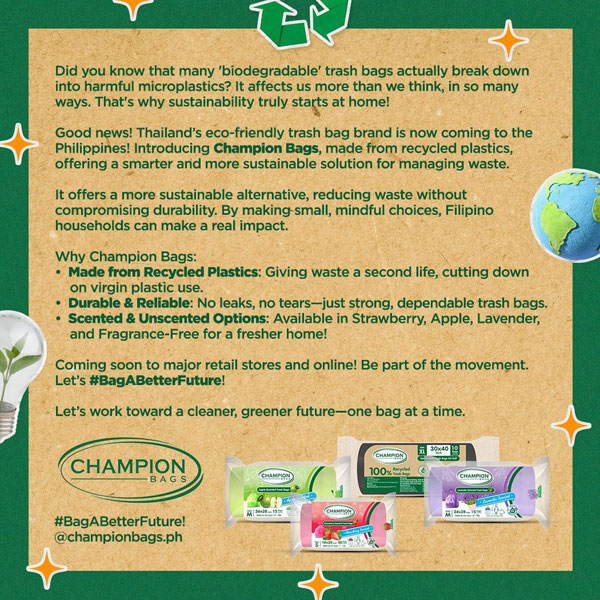
As you’ve probably seen in your area of business, there are a thousand different paths that you can take to arrive at the same destination. The same can be said for the manufacturing process for your favorite food and beverages, bringing the products you’ve created that America loves to tables around the country. Understanding the manufacturing process and all of the moving parts involved can help you to further refine your process and reach new levels of efficiency and productivity in the production steps. Below, we’re exploring what process manufacturing is in the food and beverage industry and how you can better optimize your process to boost your production results.
What is process manufacturing?
Process manufacturing is a process that thousands of food and beverage manufacturers do daily. In this assembly style, brands rely on recipes and some need a centrifugal pump for processes to assemble raw goods into end-stage products for consumption. By technical definition, there’s also an included state change that relies on outside elements, like heat, pressure, or time to take your raw material mix from one stage to the next.
To keep your process manufacturing steps at their peak level of operational efficiency, it’s important to use traceability software that can help you to track relevant key details and metrics for every step in the process.
Discrete manufacturing vs. process manufacturing
In the food and beverage industry, there are many different ways to arrive at the final end product. While process manufacturing is more frequently seen for fresh food and beverage products, discrete processes are more common around specific iterations of the industry; such as with ready-to-heat food products. Discrete processes require assembly-line-like structure and framework, using a specific list (otherwise known as a bill of materials) to complete the finished product. While the two are similar, they are not the same.
What is an ERP in the food and beverage industry?
An ERP software offers businesses an end-to-end, integrated solution that manages the business’s production, operation, and sales areas. Generally, the information is presented through a sleek, cloud-based solution that allows for maximum possible visibility and implementation across the company. The overall goal of an ERP system is to keep a business functioning at its highest possible level for the most possible revenue opportunities.
How can ERP help with process manufacturing?
With the overall end goal of a food manufacturing software in mind, it’s easy to see the variety of ways that an ERP can support your business operations: whether you’re working within a process vs. discrete process manufacturing framework. We’ve summarized a few benefits that you can enjoy with a full-spectrum ERP solution below:
1. Reduced overall cost across departments
If you’re looking to save operating costs for your food and beverage manufacturing business, consider investing in a high-quality ERP solution. Onboarding and consistently using your ERP can show you new ways to save and create paths for efficiency in other departments of your business. It can also show you the average spend per day and offers immediate access to your sales pipeline, offering you a true-time view into what will be coming in for your next month of business.
2. Higher availability of data, reporting, and key analytics
Before the push for digitalization over the past decade, many businesses relied on inefficient processes and disjointed reporting methods. This severely limits the mobility and the ability of your team to actually use the information to implement a higher level of efficiency across the organization. Data, when available, can be easily seen and acted on through a clean ERP software system. In your ERP solution, you should be able to see the information tabulated on user-friendly data tables and accessible native platform reporting solutions.
3. Enhanced organizational mobility
The business landscape is getting increasingly dynamic, requiring that organizations have the ability to successfully maneuver and pivot in the face of business challenges. Having the data readily accessible through your integrated ERP system solution is a fantastic way to protect and amplify your organization’s availability to respond to instability in the market or global stage. This type of access and flexibility is invaluable as the supply chain and overall global business market continues to evolve.
4. Streamlined business processes and operations
With an ERP’s ability to maintain full access and accountability across the organization, you can enjoy more streamlined business operations across departments. Users will not have to wait for verbal or manual access to key data points, and they can also operate seamlessly through native task management tools and functionality.
Inecta offers the best ERP software for food and beverage manufacturers
If you’re looking for an industry-leading experience and a software management system that works, connect with the experts at Inecta today. We’ve partnered with Microsoft to offer you an end-to-end food manufacturing software, covering all aspects of your business’ operations. With over 20 years of expertise and refinement, we’re confident that our solution is the best possible one to meet your needs. For more information and to get started today, please visit our website. We look forward to assisting you!























One Response
Thanks for sharing this ma . Very informative